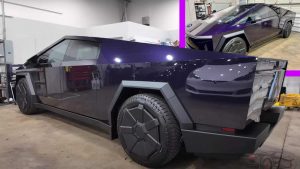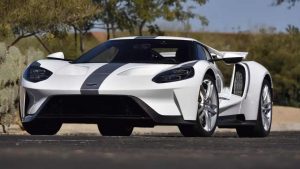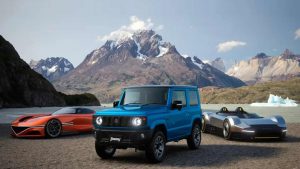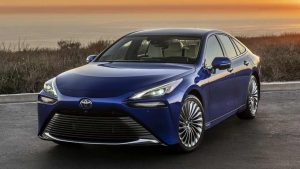Mercedes dealers struggle to sell EQ electric models, lagging behind competitors
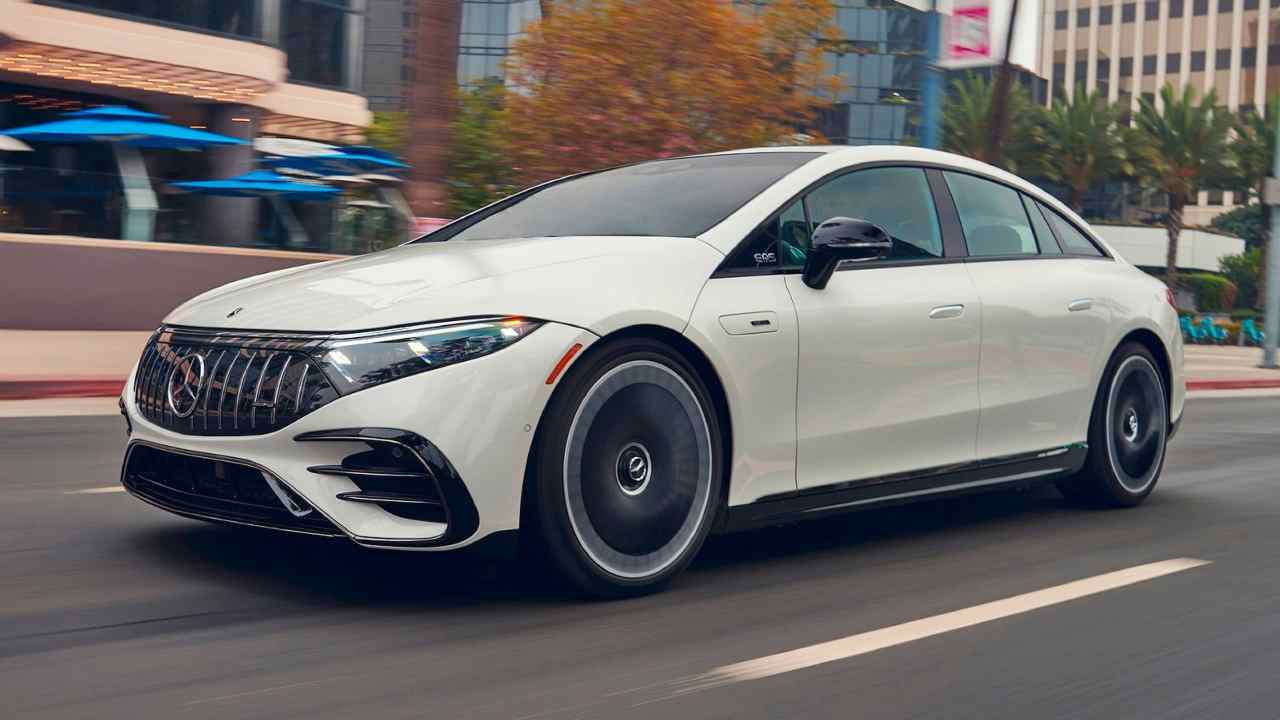
Long Sales Times and High Price Premiums Hamper Mercedes-Benz’s EV Sales.
Mercedes-Benz’s push into the electric vehicle (EV) market faces challenges in the United States as dealers report extended sales times for the brand’s EQ models. In September, it took an average of 82 days for Mercedes dealers to sell their all-electric EQ vehicles. This lags behind rivals like BMW and Audi, who managed to sell their EVs much faster, taking just 38 and 46 days, respectively.
While the Mercedes-Benz EQ lineup offers all the luxury features expected from a premium EV, the models appear to lack the desirability and quick sales experienced by their gasoline-powered counterparts. According to a Mercedes store operator, the EQS, for instance, doesn’t generate the same enthusiasm as the flagship S-Class. Dealers emphasize the importance of making EVs equally aspirational to boost sales.
The challenges facing Mercedes EVs extend beyond branding issues. Dealers argue that the high price premium of the EQ models hampers their sales. Many consumers perceive the EVs as expensive, deterring potential buyers. In response, dealers request more favorable lease terms for EQ models rather than reducing the sticker price. Mercedes-Benz’s US chief, Dimitris Psillakis, defended the pricing, highlighting the brand’s luxury positioning.
Mercedes plans to address these challenges by adjusting its production strategy. The company will reduce the production of premium EQ variants and focus on manufacturing lower-priced EVs like the EQB and EQE crossovers. This shift will also include plug-in hybrids and traditional internal combustion engine cars. Dealers anticipate improved inventory and sales prospects by mid-next year, with optimism for increased EV sales once electric versions of the CLA and GLC are introduced. In the first nine months of this year, electric vehicles made up 14.1% of Mercedes’ US sales.

